Heatpumps seem to be most efficient for water / home heat - True?
gardurnit
14 years ago
Related Stories
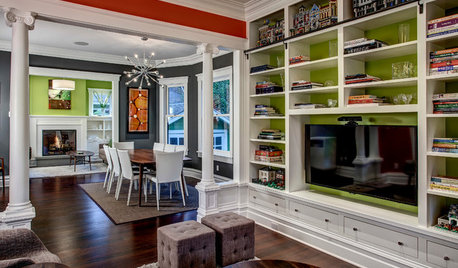
MOST POPULAR25 of the Most Popular Homes on Houzz
‘Small,’ ‘charming’ and ‘efficient’ seem to describe some of the most viewed home tours featured on Houzz
Full Story
SMALL SPACESHow to Make Any Small Room Seem Bigger
Get more from a small space by fooling the eye, maximizing its use and taking advantage of space-saving furniture
Full Story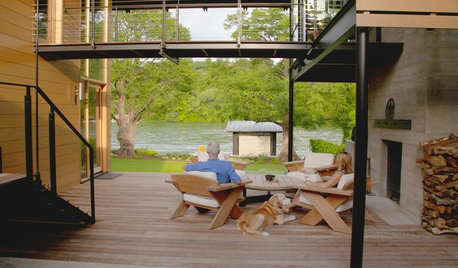
MODERN ARCHITECTUREHouzz TV: This Amazing Lake House Made a Couple’s Dream Come True
Step inside a dream home on Lake Austin, where architecture celebrating gorgeous views has a striking beauty of its own
Full Story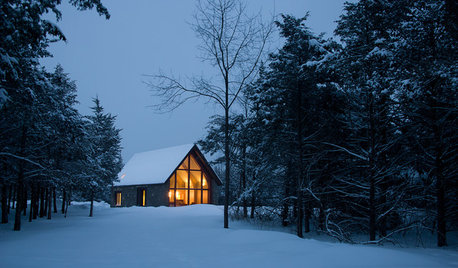
HOUZZ TOURSHouzz Tour: Innovative Home, Heated and Cooled by Design
Meet the Hudson Passive Project, one of the most energy-efficient home designs in the world
Full Story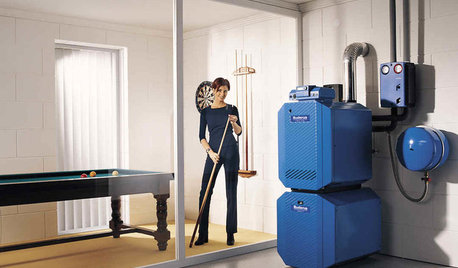
HOUSEKEEPING5 Steps to Improve Your Heating System Now
Increase your heater's efficiency and safety for lower energy bills and greater peace of mind this winter
Full Story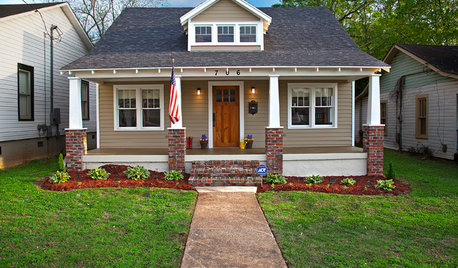
MATERIALSThe Most Popular Roofing Material is Affordable and Easy to Install
Asphalt shingles, the most widely used roof material in the U.S. are reliable and efficient, and may be right for you
Full Story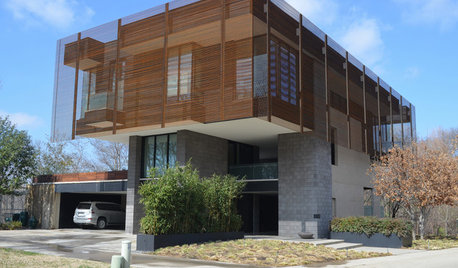
HOUZZ TOURSMy Houzz: A Modern Approach to Efficient Living in Dallas
Energy efficiency, water conservation and resilient materials are key to this home in a Texas development
Full Story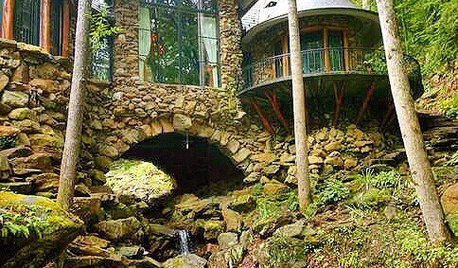
FUN HOUZZ31 True Tales of Remodeling Gone Wild
Drugs, sex, excess — the home design industry is rife with stories that will blow your mind, or at least leave you scratching your head
Full Story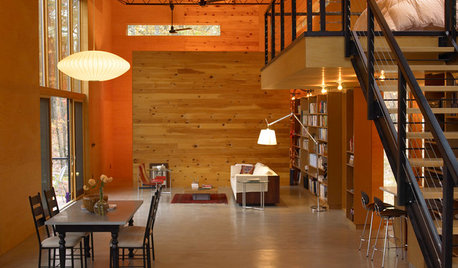
ARCHITECTUREHouzz Tour: High Efficiency for a Modern Riverside Cabin
With an insulating green roof, savvy material use and a smart design, this home in the woods wastes not in a beautiful way
Full Story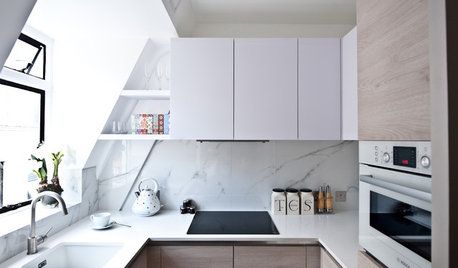
THE HARDWORKING HOMESmart Ways to Make the Most of a Compact Kitchen
Minimal square footage is no barrier to fulfilling your culinary dreams. These tips will help you squeeze the most out of your space
Full Story





Billl
disneyjoe7
Related Professionals
Bellflower Solar Energy Systems · Cheshire Solar Energy Systems · El Mirage Solar Energy Systems · Herriman Solar Energy Systems · Wasco Solar Energy Systems · Beavercreek Home Builders · Lodi Home Builders · Placentia Home Builders · Boise Roofing & Gutters · Holland Roofing & Gutters · Lancaster Roofing & Gutters · Long Beach Roofing & Gutters · Murfreesboro Roofing & Gutters · Rome Roofing & Gutters · Syracuse Roofing & Guttersdisneyjoe7
david_cary
disneyjoe7
david_cary
garymunson-2008
david_cary
garymunson-2008
solargary
david_cary
solargary
beachlily z9a